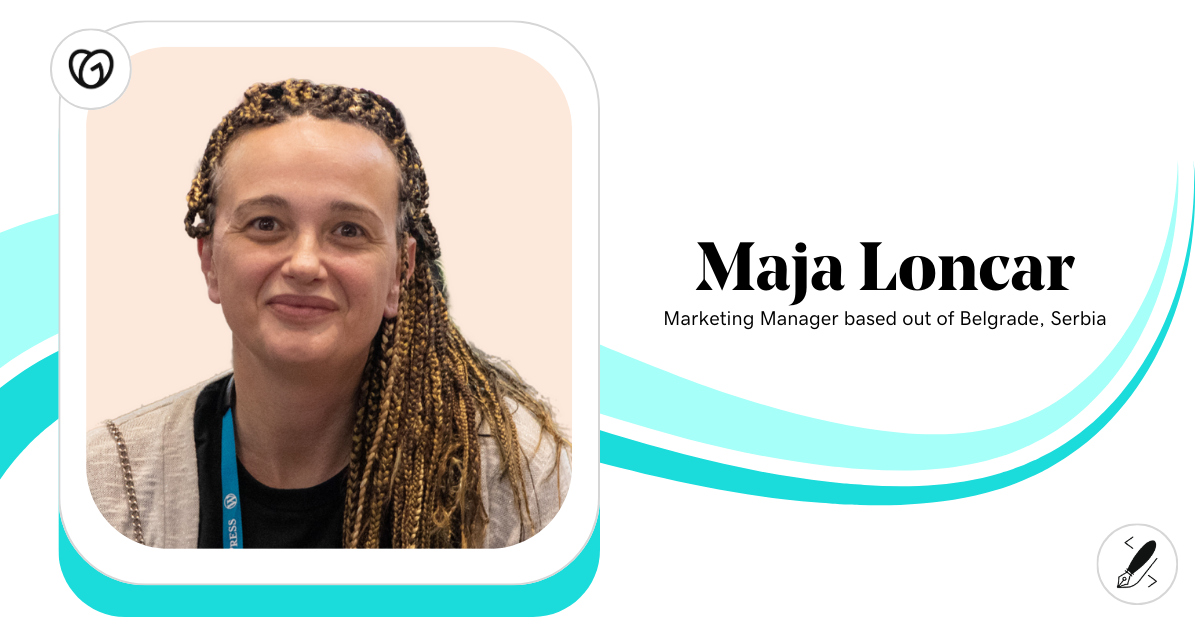We web designers can’t get to work without logos, color specs, and logins for hosting and other applications. I know I’ll get that info from clients. Eventually.
But before we get to that homework — even before we get to a proposal — there’s a need for additional pre-work, including some for me. I’m willing to spend this time because I want to:
- Minimize re-work resulting from not having all relevant information in hand;
- Avoid gifting clients with free work when the project runs longer than expected due to my inability to provide an accurate time estimate;
- Make sure I don’t take projects that are not a good fit for me.
Your pre-work quiz
When I see an inbox message inquiring about my services, I want to respond immediately. Who doesn’t? But first, I have some self-imposed pre-work to do by answering these four questions:
1. Is there an existing website? If so, I’ll review it in detail. If not, I’ll search for anything I can find about the client and/or their business.
2. Is their phone number local? If they are not in my major metropolitan area, I probably won’t be interested in the project, as I rarely take long-distance clients. Of course people do move and keep their cell phone number. If I can confirm that they’re not local, I’ll respond by email, offering suggestions about finding a designer in their area.
3. Where is the current website hosted? This information is easily available at WHOIS (just enter the website domain name in question). If the site is hosted at any of my preferred service providers (yes, of course the list starts with GoDaddy!), no problem.
4. Is the business model ethical? Sometimes I can see that it’s not the right client for me, based on their business model. I was once contacted by a couple selling magic wands, guaranteed to cure arthritis, cancer, Alzheimer’s and other conditions. I politely declined. I support everyone’s right to run a business, but I’m not willing to be a party to something I believe to be a scam or false promise. Similarly, I won’t work for someone whose current presentation smacks of anything racist, homophobic, politically extreme or illegal.
The client has homework, too
Potential clients are often woefully unprepared to discuss the project — but they don’t know that yet.
Unfortunately, I can’t telepathically communicate what I want before they know I exist. I must quickly determine whether they have completed their pre-work, and if not, encourage them to do so before further discussion.
I want to ensure they have a solid grasp of key factors involved in developing a successful web design for them, including (but not limited to):
- Purpose
- Measurable objectives
- Differentiating factors relative to competitors
- How users find their current website
- How they will drive visitors to the new website
- How the new website’s success will be evaluated
- Realistic budget/cost expectations
- Which scheduled events will drive the launch date
- The website’s intended audiences, including purchasers of products or services, donors, volunteers, sponsors, advertisers, referring businesses, and job applicants.
Clients who are unwilling to do this work are not going to be the right fit for me. I need this information to write a complete proposal. No info? No proposal.
Beware: Those who can’t or won’t provide the information at this early phase are likely to make the project challenging throughout the process.
Now let’s talk about it — in real time
As much as I’m a fan of using today’s various e-communication technology, let’s face the facts — It’s impossible to have an adequate pre-proposal discussion by email. We’ve all seen websites promising “complete this form and I’ll get back to you with a quote for your project.”
Checklists and forms? Bring ‘em on, they’re the foundation of an excellent beginning. But an accurate and realistic quote based on just this input alone? Sorry, not happening. Some people simply can’t articulate their thoughts in writing. And a real-time discussion allows the opportunity for clarifying questions and answers.
One key pre-work item that I feel must be handled in person is competitive analysis. I want to have a real-time discussion reviewing a few competitors’ websites together, so we can discuss likes and dislikes, potential additional features, and messaging.
Try as I might, a single form was simply not working for me. I felt so strongly about this disconnect that I wrote a book, which includes a series of substantial pre-work assignments. I strongly encourage all prospective clients to work through the first two sections of it before we discuss their conclusions.
And if they’re hesitant to shell out a few bucks for the book, it’s in my best interests to give them a copy, in exchange for getting that pre-work done. Then if they still refuse to cooperate, it’s time for me to move on.
After an hour-long conversation I usually have a decent idea of the project scope, and whether the pre-work has been adequately addressed. If not, I will ask them to complete it before a follow-up discussion. And then we can talk about a proposal.
No pre-work, no deal
Pre-work from both sides should be non-negotiable. For me, the failure to participate in this initial — and essential — part of the creative process as a partner is an automatic deal breaker for me. How can I do my best for the client if they’re not willing to put some time into their project from the start?
That investment in pre-work is my first line of defense against projects that are not the right fit for me, those that will take more time than I’ve led clients to believe is necessary, and avoidable re-work and frustration on my part.
So what are your favorite pre-work assignments for potential clients — or even for yourself? Please share your insights in the comments!






